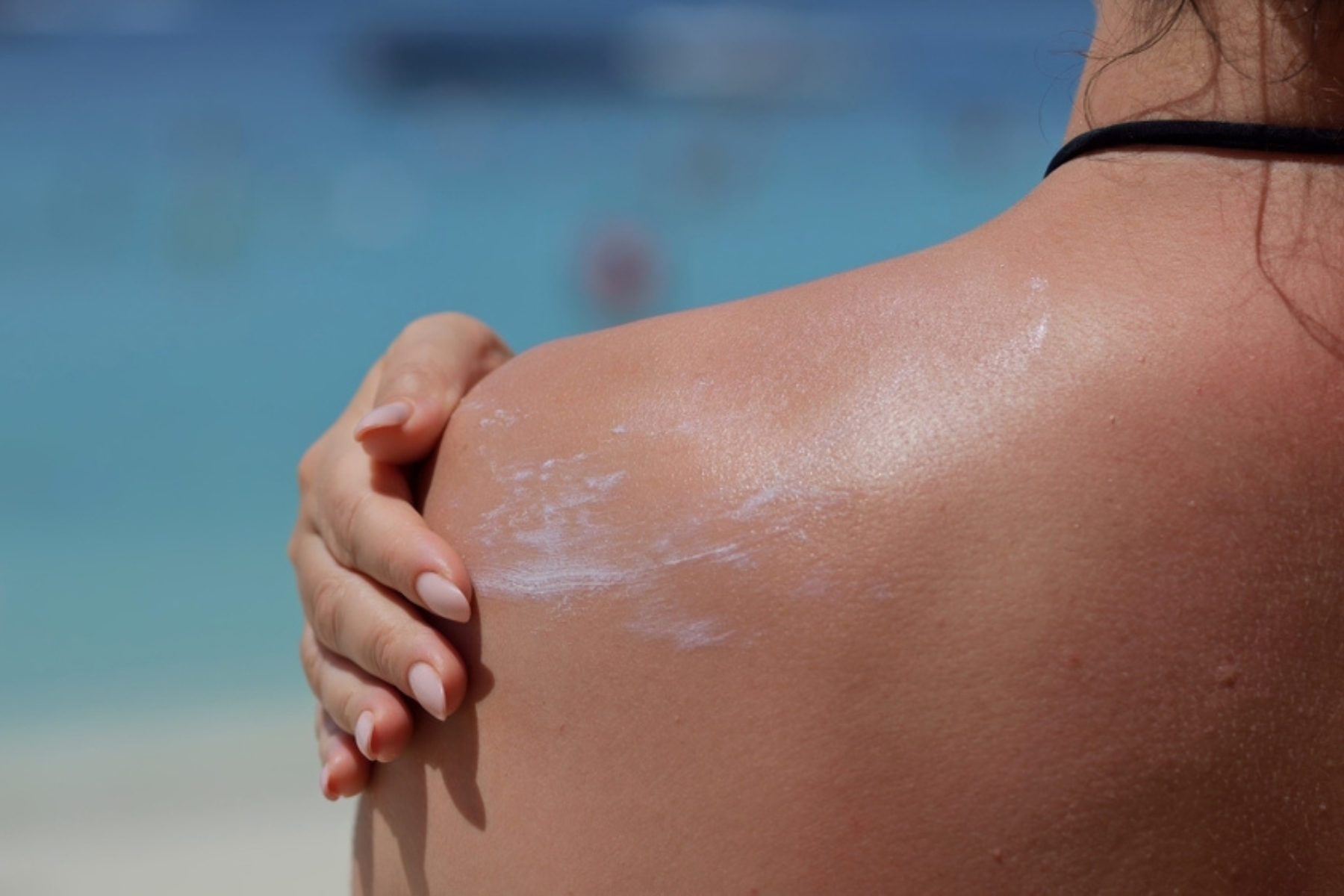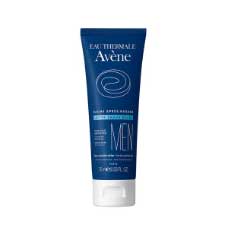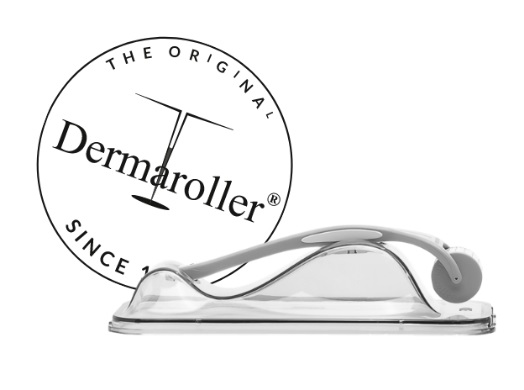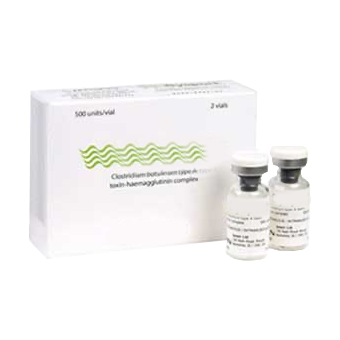 If you didn’t already know by now, sunscreen isn’t just for use on sunny days or beach breaks. But it’s easy to be confused about when to actually use SPF, especially when celebrities muddy the waters with controversial statements similar to TV personality Sam Faiers’ recent reply on social media.
If you didn’t already know by now, sunscreen isn’t just for use on sunny days or beach breaks. But it’s easy to be confused about when to actually use SPF, especially when celebrities muddy the waters with controversial statements similar to TV personality Sam Faiers’ recent reply on social media.In case you didn’t see it, Faiers responded by saying, "So this is always a bit of a controversial one, but honestly, me and my whole family don't actually wear sunscreen. Over the years, the kids have built up a really good tolerance to being in the sun. Of course, if it's really hot and the sun feels too harsh, I'll make sure we head into the shade... usually around lunchtime we'll go in, have something eat, and just avoid those peak hours. I'm really careful about sunscreen in general, because a lot of them are actually pretty harmful and full of toxic ingredients."
Faiers went on to say: “If you do want to protect your kids, I think SPF swimwear is such a good and safer option. But also, don't be afraid of the sun! Early in the morning or later in the afternoon when it's not as strong, I love letting the kids run around and soak it up. It's so good for them. That said, I do always bring a Tallow Zinc SPF with me when I go away, just in case. And hats or caps are a must! especially us ladies, because no one wants extra sun damage (I've had my fair share over the years because I'm such a sun lover!)."
When it comes to the facts, the experts are pretty clear. Chartered Chemist, Scientist and Founder of SOS Serum Skincare, Bruce Green, says, "While I appreciate Sam Faiers’ emphasis on shade, sun avoidance during peak hours and protective clothing, it's important to address the misinformation surrounding sunscreen that was shared in her statement.
"Claims that "a lot of sunscreens are actually pretty harmful and full of toxic ingredients" are not supported by current scientific consensus. Modern sunscreens, particularly those approved in the UK, EU, and US, go through rigorous safety testing. While some individuals may prefer mineral (zinc or titanium-based) sunscreens over chemical formulations, calling them 'toxic' spreads unnecessary fear.
“The vast majority of dermatologists consider regulated sunscreen ingredients safe and essential. There is no such thing as “building a tolerance” to UV radiation. Skin damage from UV exposure is cumulative and largely irreversible. Childhood sunburns are a well-known risk factor for developing skin cancer later in life. Melanin may reduce the risk of burning, but it doesn’t eliminate the damage caused by UVA and UVB rays.
"Yes, moderate sun exposure helps with vitamin D production and well-being, particularly in the mornings or late afternoons. However, this should be balanced with adequate protection. SPF swimwear and hats are excellent tools, but they should complement not replace proper sunscreen use—especially when skin is directly exposed. Particularly when on holiday, follow the rule of applying SPF 20–30 minutes before sun exposure and reapply every two hours, or after swimming or sweating.”
Clinic Lead at Face the Future, Kimberley Medd, adds, "Even well-intentioned comments can lead to real-world harm if they downplay established medical guidance. Enjoying the sun is part of a healthy lifestyle, but safely. That means wearing sunscreen, protective clothing and practicing sensible sun habits. Skin cancer rates continue to rise, and misinformation, even if anecdotal, can have long-lasting consequences.”
Medd believes there is still work to be done in educating the UK’s attitude on SPF application. “We found this in Face the Future's latest 365 Days of SPF survey this year which found almost half of the UK (45%) do not apply SPF daily/most days, only 18% of the UK apply SPF to their hands daily/most days and only 12% of the UK apply SPF to their chest daily/most days,” she says.
“Sunscreen needs to be reapplied liberally and frequently, however, there is still a challenge to change the UK’s SPF application to daily wear. Fair-skinned people are likely to absorb more solar energy than dark-skinned people under the same conditions and may be more likely to burn. Choose a broad-spectrum sunscreen which protects against both UVB/UVA with at least an SPF of 30.
“It's a myth that sunscreen is toxic, stemming from concerns about certain chemical filters (like oxybenzone), but extensive safety testing shows that regulated sunscreen ingredients are safe when used as directed. That said, some families prefer mineral sunscreens (with zinc oxide or titanium dioxide), especially for young kids or sensitive skin and that’s perfectly fine.
"Pediatricians and dermatologists worldwide recommend sunscreen for children over 6 months. For infants under 6 months, sun avoidance and protective clothing are preferred. But if exposure is unavoidable, a small amount of mineral-based SPF on exposed areas (like face or hands) is appropriate. Sunburns are harmful at any age, and consistent protection is the best way to preserve long-term skin health."
Hardworking SPFs for all skin types
By Sarah Serene Daily SPF 50+
Featuring cute and colourful packaging and a 30ml size ideal for travel or days out, this moisturising, fragrance free sunscreen provides high coverage, dermatologically approved UVA and UVB protection for sensitive skin. Gentle and fast absorbing, it contains natural antioxidants ginseng, apple and peach to protect against skin damage.
HydroPeptide Solar Dew Sheer Mineral Melt SPF 30
Suitable for all skin types, this luxe, lightweight sun serum delivers fast-absorbing, moisturising 100 per cent mineral sunscreen power with zero white cast. Peptides boost the formula, along with exclusive UV filters for essential sun protection and a radiant finish.
Image Skincare Daily Prevention Protect and Refresh Mist SPF 30
Ideal for dry and dehydrated skin, this hydrating dry-oil spray absorbs quickly for a barely there feel, while helping to protect against UV rays and blue light. Recommended by The Skin Cancer Foundation, the formula includes meadow foam seed oil which helps lock in moisture, and buriti fruit oil, an antioxidant-rich blend of vitamins C and E.
Heliocare Pigment Solution Fluid SPF 50+
Suitable for skin types Fitzpatrick I-IV, this light, silky lotion offers full spectrum protection while helping to prevent and reduce hyperpigmentation. Powered by ASPA-Fernblock technology, it also fights free radicals, supports DNA repair and maintains vitamin D function. The formula also includes niacinamide and ellagic acid, plus a subtle skin tint.

 Added to basket
Added to basket

 Unapplied Changes
Unapplied Changes



















